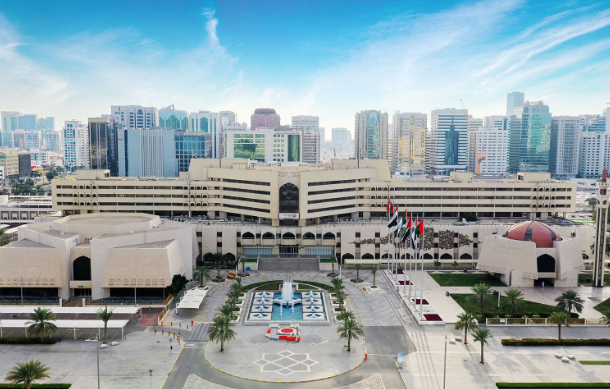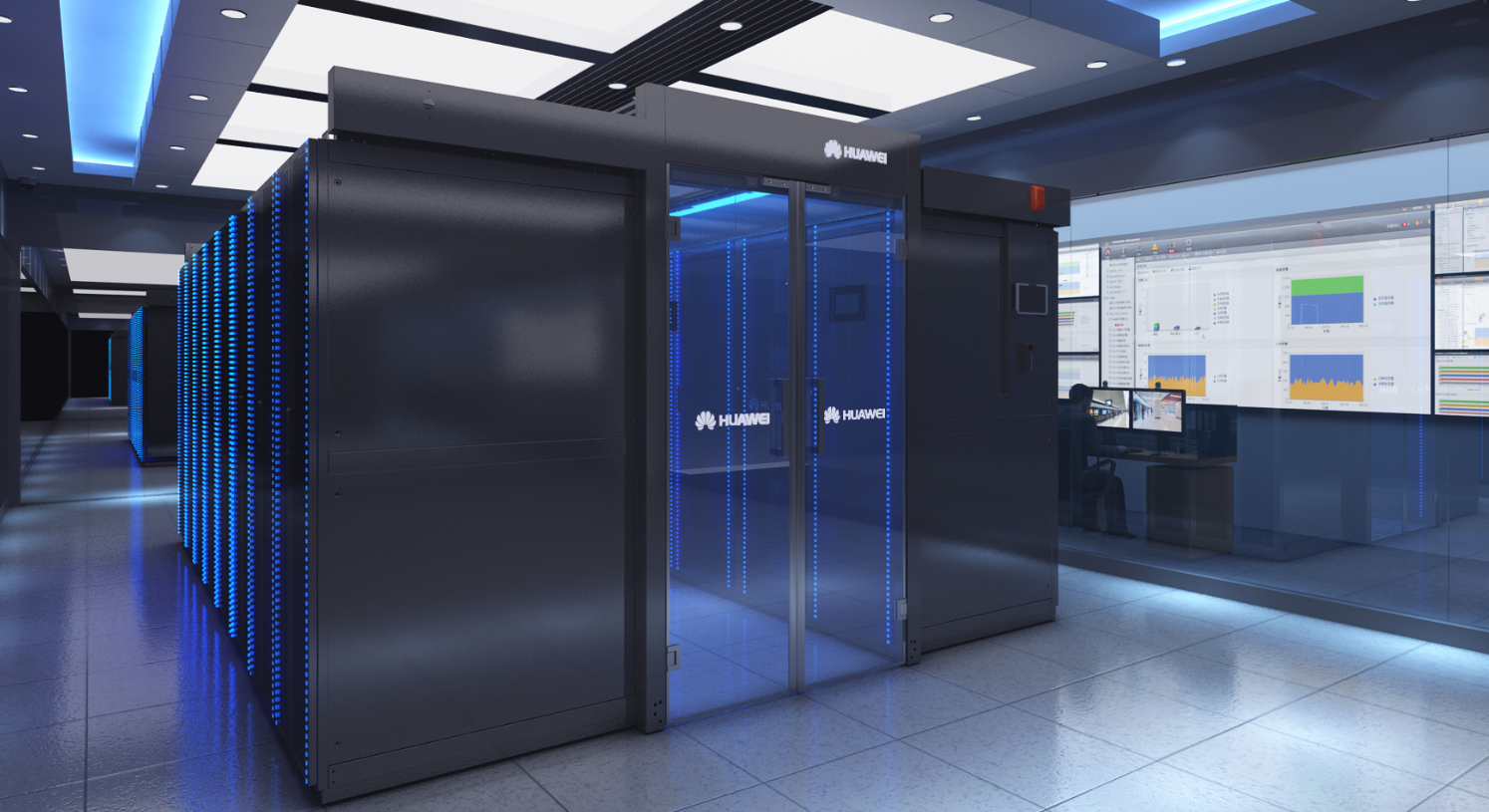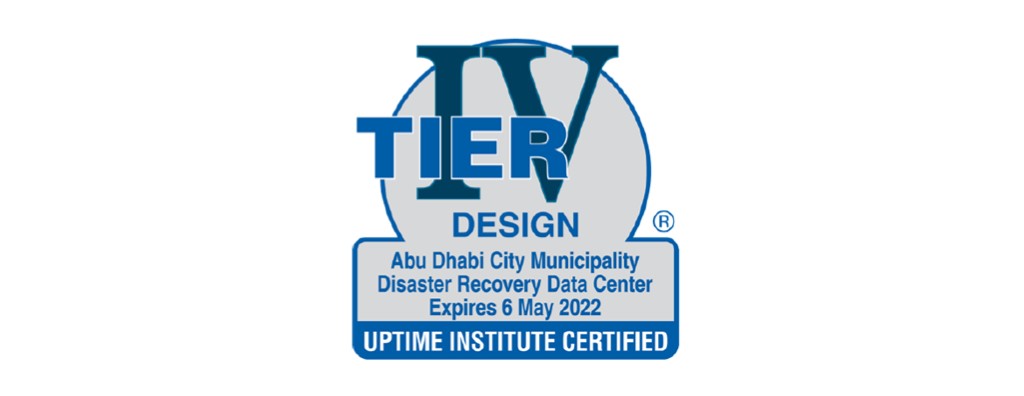Building a Municipal Data Center for the 'Pearl' in the South Coast of the Arabian Gulf
This site uses cookies. By continuing to browse the site you are agreeing to our use of cookies. Read our privacy policy>
![]()
Enterprise products, solutions & services
"The sea on the left, the desert on the right" — a perfect description of Abu Dhabi's unique natural environment. With millions of visitors every year, Abu Dhabi is often, somewhat poetically, described as the bright pearl, glimmering on the south coast of the Arabian Gulf.
But barely 60 years ago, the capital city of the United Arab Emirates was — going by the Arabic meaning of its name — a place mostly populated by gazelles ("Dhabi"). The establishment of the Abu Dhabi City Municipality (ADM) in 1962 marked the beginning of an evolution of the Emirate’s urban landscape through a series of grand development plans. Today, Abu Dhabi ranks first among the world's safest cities (Numbeo) and second among the world's most popular (Paris Ipsos).

Abu Dhabi Municipality Office Building
"Supporting community happiness through the delivery of sustainable urban growth and municipal services" is the stated vision of ADM. In the age of rapid digital transformation, municipal data centers are key, providing not only government office services but resident information management and municipal services, too. Simply put, data centers are indispensable for community life.
However, ADM's legacy data center setup was unable to meet future development requirements, given the influx of vast amounts of new services and a massive increase in data volume. The question of how to improve data reliability, security, and data center sustainability became an urgent focus for ADM.

Huawei FusionModule2000
A highly-reliable, agile, and green data center was essential for ADM, one that could guarantee data center disaster recovery. Three key areas quickly emerged as priorities.
ADM chose to partner with Huawei, a company that has the largest share of the global modular data center market. The Huawei FusionModule2000 solution was the natural choice for ADM's data center given its credentials: high reliability, flexible capacity expansion, and green energy efficiency.
Huawei FusionModule2000 was the first data center to receive Uptime TIER-Ready IV certification. Local construction engineers only needed to carry out simple on-site installation, since this modular data center is prefabricated in the factory, and it was quickly brought online and ready for use.
Indeed, FusionModule2000 adopts a fully modular design, supporting the sustainable development of municipal services, with flexible capacity expansion possible for a range of subsystems, from power supply to cooling and IT cabinets.
FusionModule2000 includes Huawei's proprietary modular Uninterruptible Power Supply (UPS), promoting green energy efficiency. This improves the power supply efficiency of ADM's disaster recovery data center by more than 2% compared with traditional solutions. Furthermore, Huawei-developed in-row air conditioners, combining local cooling and aisle containment, reduce PUE by over 0.4, even in Abu Dhabi's high temperature environment.
On May 6, 2020, the Uptime Insight officially awarded Uptime TIER- IV design certification to ADM's municipal disaster recovery data center. Abu Dhabi, the bright pearl on the south coast of the Arabian Gulf, can now put its trust in the security of its ultra-reliable municipal data storage.

Tier IV Design Certification
Ahamd Abdulsamad Alhammadi - Acting Director of the technical planning department, Abu Dhabi Municipality, said: "Our digitalization journey with Huawei has transformed our operations, building more resilience and convenience throughout the Municipality. The TIER IV disaster recovery data center, jointly built with Huawei, fully demonstrates the industry's most advanced solutions and impeccable customer service. We are guided in our digitalization by the vision of the UAE’s leadership to enhance our community through technology. Huawei is our partner of choice and we look forward to future cooperation with them.”